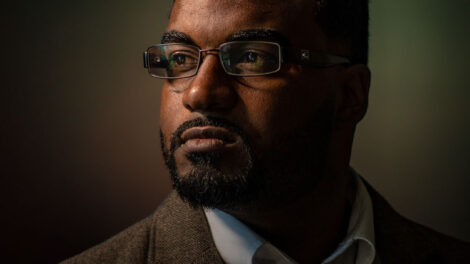Remembering an Inspirational Leader
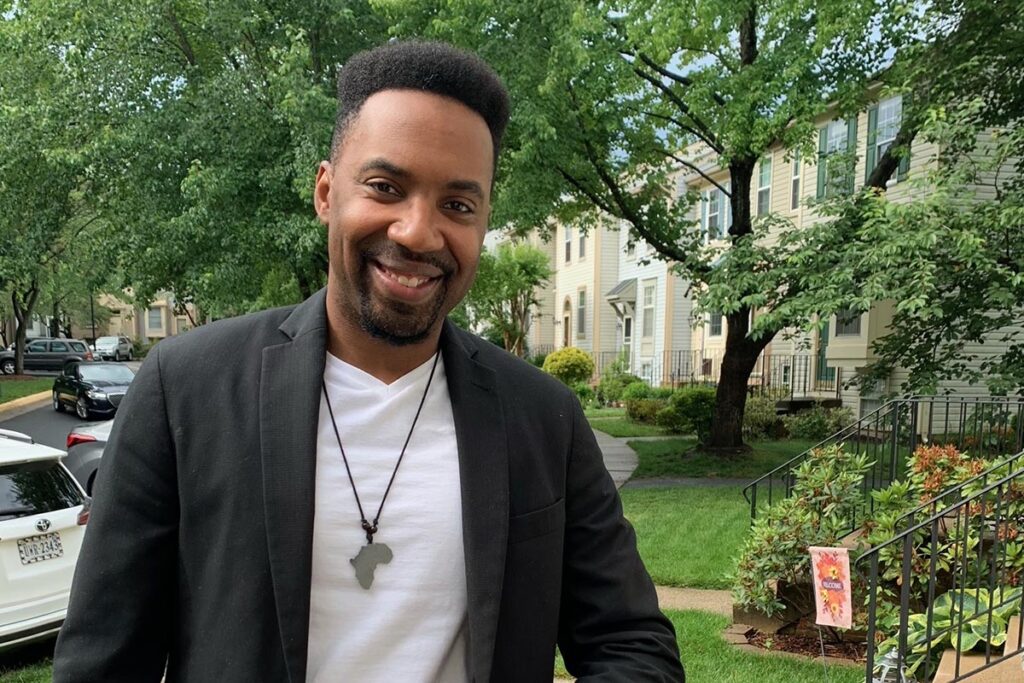
Tim Cox
“I’m inspired by Martin Luther King Jr.’s words, ‘Our lives begin to end the day we become silent about things that matter.’ I stepped foot onto Lafayette’s beautiful campus in the fall of 2019, learning about its rich and storied history and aims for the future. I was honored to be welcomed to the community. Having a voice in conversations about students’ educational experience—whether it is about their sense of belonging or their pathways to earning such a prestigious degree—affirms my role as an administrator, and more specifically an administrator of color. There is an implicit expectation that I speak out to illuminate voices that have been historically excluded in decision-making. My goal is to ensure that all students feel connected to our community, and that they have an opportunity to succeed despite the challenges they face.
“Our mission in the Office of Advising and Co-Curricular Programs is to empower students of all backgrounds to develop their individual academic experience to achieve their lifelong intellectual, professional, and personal goals. I often joke with colleagues when I say I am ‘shaking tables,’ but it is very much a part of what I do daily. At a time when we are beginning to redefine the Lafayette community, I am proud to say that my entire team speaks up during meetings, often asking the ‘What ifs’ and ‘Why not’ questions. At the root of these questions are our students with all of their unique social and personal identities. If I am silent—if we are silent—about issues that matter, nothing changes.” —Tim Cox, associate dean of advising and co-curricular programs
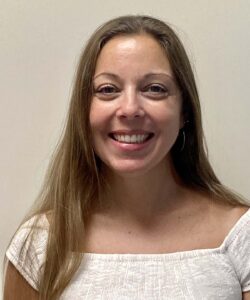
Chelsea Morrese
“Dr. King underscored that unequal access to resources and capital is rooted in governmental structure and policy. In the Landis Center, we encourage our student leaders to consider these structures and question how they create social inequities. Are resources divided fairly across and amongst communities? What are the barriers to access, and how are they supported or mitigated by social structures? What change at the policy level might eliminate the societal need for the program they volunteer with? Dr. King had a vision of unity and equality grounded in critical analysis and reflective leadership. We honor his legacy by encouraging these qualities in ourselves and our students, so that they can be the change we all want to see in the world.” —Chelsea Morrese, director of Landis Center for Community Engagement
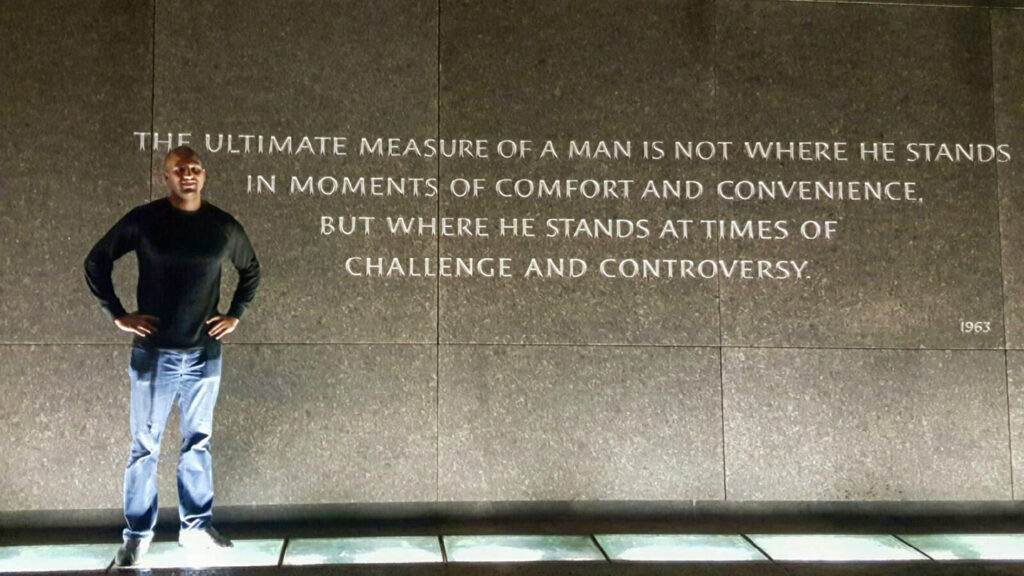
Yusuf Dahl
“I am inspired by the Martin Luther King Jr. quote, ‘The ultimate measure of a man is not where he stands in moments of comfort and convenience, but where he stands at times of challenge and controversy.’ Entrepreneurship involves a deep commitment to solving a problem and persevering despite setbacks. The success of any entrepreneur is the culmination of many failures and false starts.” –Yusuf Dahl, director of Dyer Center for Innovation and Entrepreneurship
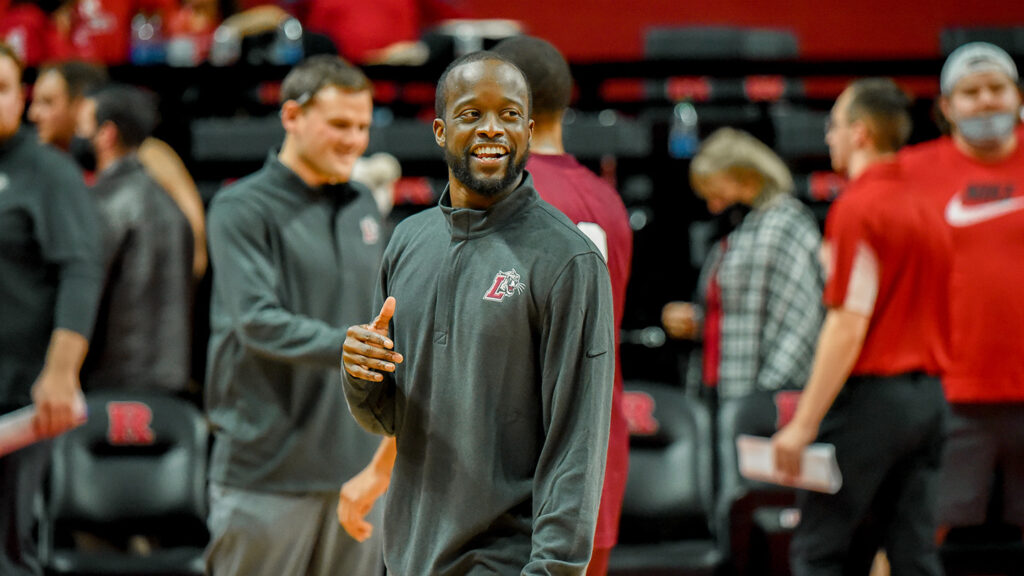
Jarren Dyson
“I think Dr. Martin Luther King Jr. is the greatest leader of all time. He inspires me daily to always have the courage and determination to always fight for what I believe in and to inspire my players to always do what is right, no matter what. If you believe in something strongly and if you have the right morals and right values, you can overcome anything if you put your mind to it. I tell my players all the time that you are going to deal with some adversity in life. But you can be like Dr. King and just keep going. Because he kept going, he has given me opportunities, opportunities that I don’t know I would’ve gotten if it wasn’t for somebody like him.” —Jarren Dyson, men’s basketball assistant coach
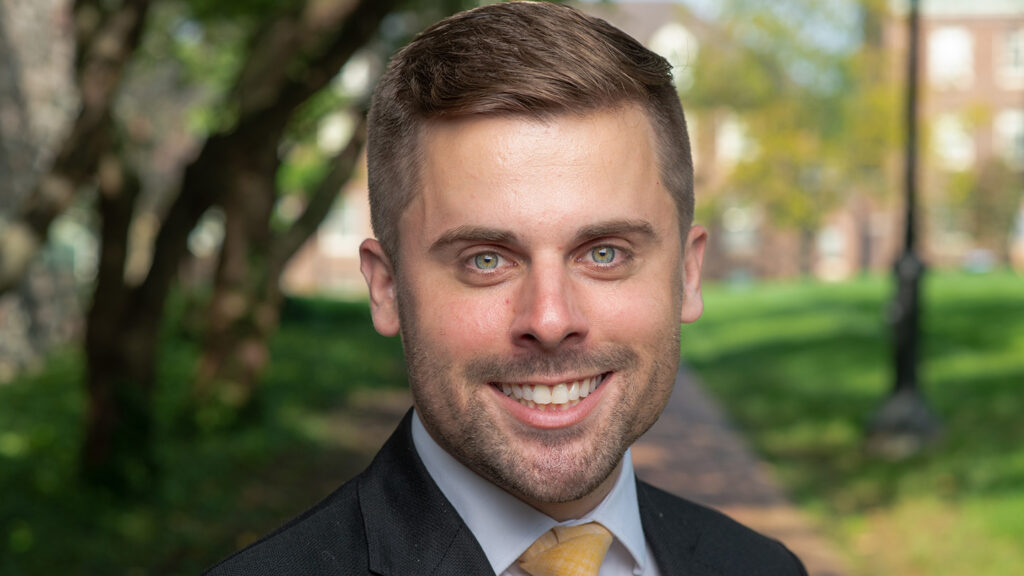
Thomas Lee
“For me, King’s 1963 Letter from the Birmingham Jail has been influential to my professional career and personal ethos. From his prison cell, King reminds a white, neutral audience of their moral responsibility to break injustice through direct action.
“King wrote, ‘I must confess that over the past few years I have been gravely disappointed with the white moderate. I have almost reached the regrettable conclusion that the Negro’s great stumbling block in his stride toward freedom is not the White Citizen’s Counciler or the Ku Klux Klanner, but the white moderate, who is more devoted to ‘order’ than to justice; who prefers a negative peace which is the absence of tension to a positive peace which is the presence of justice; who constantly says: “I agree with you in the goal you seek, but I cannot agree with your methods of direct action”; who paternalistically believes he can set the timetable for another man’s freedom; who lives by a mythical concept of time and who constantly advises the Negro to wait for a “more convenient season.” Shallow understanding from people of good will is more frustrating than absolute misunderstanding from people of ill will. Lukewarm acceptance is much more bewildering than outright rejection.’
“I find his message throughout the letter just as relevant as ever when I am met with white apathy, or the notion that ‘Well, I’m not racist and therefore I’m not a part of the problem.’ We know that in our work we must intentionally strive to be anti-racist and actively counter racial prejudice, systemic racism, and the oppression of specific racial groups. We have to be accomplices in the fight against racial injustice and other forms of oppression against people. It’s not realistic and deeply privileged to believe that wrongs will right themselves in due time. ‘We know through painful experience that freedom is never voluntarily given by the oppressor; it must be demanded by the oppressed,’ King states. It’s my responsibility to amplify those voices and to support their right to justice unconditionally.” —Thomas Lee, assistant director for gender and sexuality programs
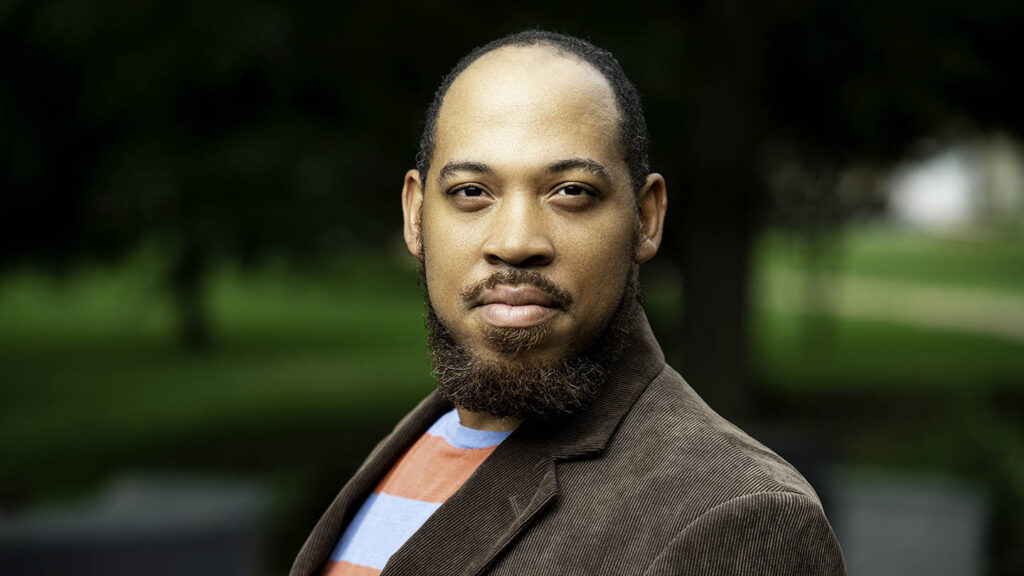
Aaron Pride
“My work deals in a lot of ways how religion has shaped the Black freedom movement. And Dr. King’s example really highlights how that was effective in the mid-20th century. I study how the Black community has used religion to politically move and mobilize the Black community. In my teaching, I approach this through oral written sources and visual sources—integrating these different things and trying to root them in the Africana experience. The Africana experience hasn’t gotten the same attention as the written word or the word of white authorities, so it’s about giving the oral tradition balance and showing that the written word isn’t necessarily superior, but just a different interpretation. Martin Luther King Jr. traditionally emphasizes the oral tradition.” —Aaron Pride, assistant professor of Africana studies
